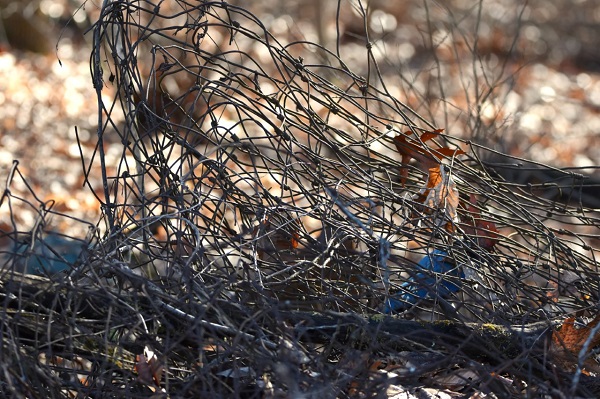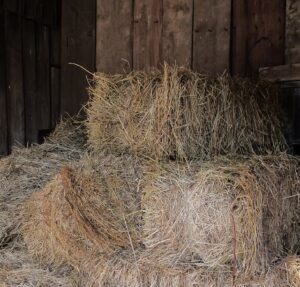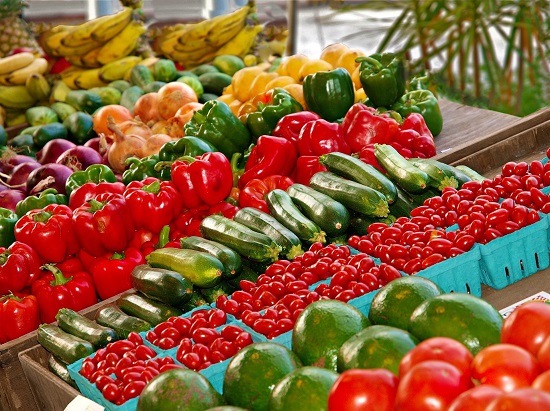Go Haywire
 Life goes haywire from time to time. Everything goes wrong. Nothing works right.
Life goes haywire from time to time. Everything goes wrong. Nothing works right.
Recently, emails of my blog posts stopped sending. I had changed nothing. They simply stopped. Plus:
- Friends and family members suffered major health problems.
- Several loved ones died.
- Freezing temperatures and electricity problems left us in a cold, dark house.
- Slick roads prevented travel.
- To-do lists grew out of control.
My life went haywire.
 Go haywire probably relates to the wire farmers once used to bale hay.
Go haywire probably relates to the wire farmers once used to bale hay.
The wire held the hay together. Farmers also occasionally made repairs with old wire. Such repairs rarely lasted. In addition, thin wire easily tangles, as seen in the fence wire above.
Go haywire has two main meanings.
The Free Dictionary explains both.
-
“To go wrong; to malfunction; to break down.”
Like the people and possessions in my recent life, everything falls apart.
-
“To become irrational or crazy.”
When life gets crazy, acting crazy often follows. Because my surroundings felt out of control, I had a tough time staying in control.
Personal reactions do not have to depend on circumstances.
Once I changed my self-talk and thoughts, my emotions also changed. Hard times happen. That’s life. Yet, good can come from those times.
Whether circumstances remain calm or go haywire, I want to let go and let God hold my life together.
“Like a city whose walls are broken through is a person who lacks self-control” (Proverbs 25:28 NIV).
Thanks to Randy Gosser for the suggestion and to Connie Atwood Murphy for the photos.
Do you have an expression you want explained or a thought about this one? If so, please comment below.
Subscribe to receive my weekly posts by email and receive a free copy of “Words of Hope for Days that Hurt.”
If you enjoyed this post, please share it with your friends.

 When we put our hand to the plow, we are ready to work.
When we put our hand to the plow, we are ready to work.